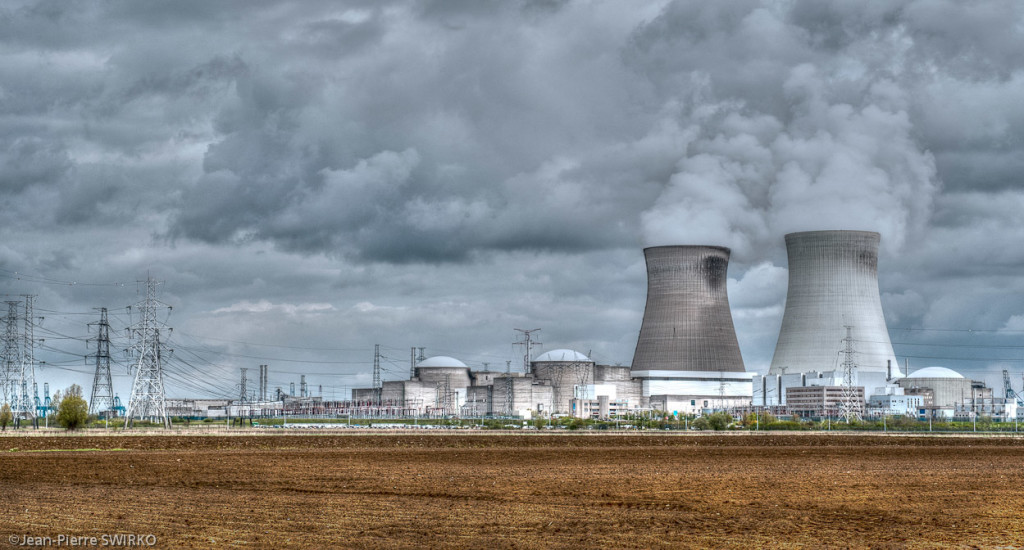Brussels –Belgium, onwards with nuclear power. Or maybe not. The European Commission wants to understand the federal government’s decision to extend the life cycle of two reactors by ten years in the wake of energy uncertainties following the Russian-Ukrainian conflict and deteriorating EU-Russian relations. The EU executive has decided to launch a thorough investigation into the public support granted for national energy security purposes because there are concerns that Belgium may be violating EU state aid rules.
Belgium has two nuclear power plants. One is at Doel, in the north of the country, close to the border with the Netherlands. It consists of four reactors built between 1969 and 1978. The first two went into operation in 1975, the third in 1982, and the fourth in 1985. The first two reactors are planned to remain in operation until 2025, while reactor 4 will be in operation until 2035. The other power plant is the Tihange one near Liege, which consists of three reactors and was built between 1969 and 1978. The reactors started operating in 1975, 1983, and 1985, respectively. Old plants thus, and, moreover, already the focus of polemics and criticism for a state of obsolescence that is considered dangerous.
In Brussels’ crosshairs is the decision to extend the life of Doel Reactor 4 and Tihange Reactor 3. The €580 million loan to Electrabel (a subsidiary of Engie), which owns 89.8 per cent of the reactors, is not convincing. Besides this, there is also the issue of the transfer of responsibility from Electrabel to the Belgian state for the long-term storage and final disposal of nuclear waste and spent fuel: Belgium takes on the burden in exchange for a lump sum of €15 billion. The EU doubts the proportionality of the combination of financial and structural measures and the €15 billion lump sum.
The measure notified by the Belgian authorities to the European Commission also includes the creation of a 50/50 joint venture between the state and Electrabel. This joint venture would own the plants and their production, along with Luminus (a subsidiary of Edf, which owns 10.2 per cent of the nuclear sites), a major public presence supporting a private one. “Although the Belgian measure appears to be justified, at this stage, the Commission has doubts about its compatibility with EU state aid rules,” the EU executive says. To be able to go ahead with its nuclear power, Belgium will, therefore, have to wait.





